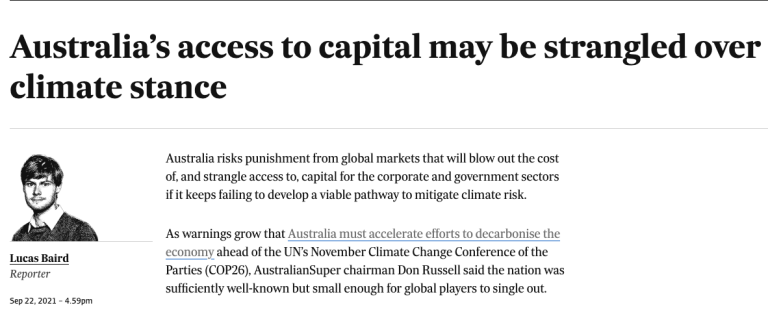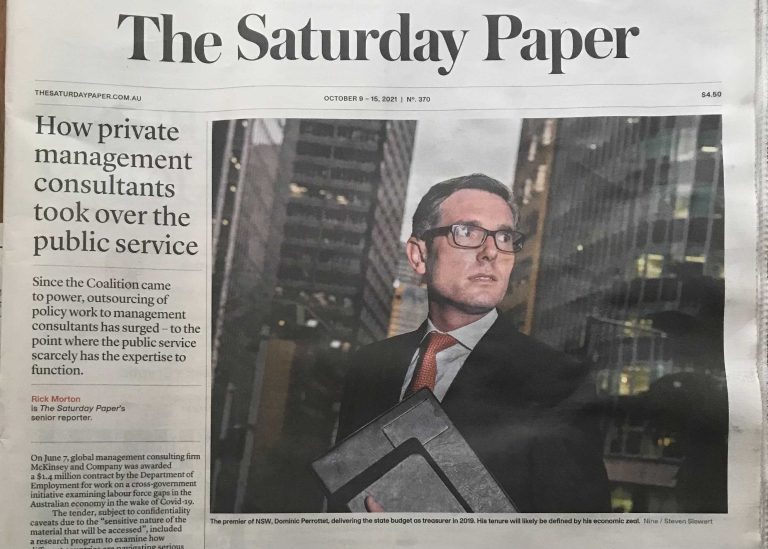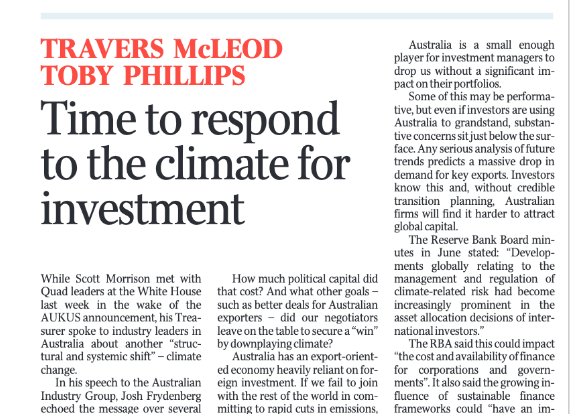Fear is again stalking international markets. Ben Eltham thinks we should not be surprised. In Europe, the sovereign debt crisis that has wracked Greece and Portugal has now spread to the larger economies of Italy and Spain. In the US, economic growth has come to a standstill and the proportion of US adults who are employed is now at 58.2 per cent, the worst in 28 years.
While there are differences in the situations in Europe and the US, some of the world’s largest economies are not looking so mighty. Europe and the US seem to be plunging into recession. Ben Eltham asks how did we get here? Well, he takes us back to the economic crisis of 2008 – and the stimulus response.
Ben Eltham writes:
“But now the stimulus has run out, and the economic malaise is still with us. After all, unlike the banks, many ordinary householders didn’t get bailed out: they lost their jobs, and then their houses. As a result, many rich countries have been left with huge budget deficits and weak economic growth. The response by the UK and now the US has been to ignore unemployment and focus on debt. The result will be more economic pain.”
Instead we have ‘austerity’ measures.
But none of this will affect Australia, right? Wrong.
“But underlying the weakness of the domestic economy is a third factor, which has received surprisingly little discussion: falling Commonwealth spending. You might not realise it if you listened to Tony Abbott or Joe Hockey, but this year’s budget papers tell us that federal government spending will be strongly contractionary. According to budget paper one, the Commonwealth is in the process of subtracting $52 billion of spending from the economy over the two years from 2010-11. As the budget papers state, “this would be the fastest return to surplus in the 44 years … for which data is available”.
But such is the economic orthodoxy in Australian politics, no-one is suggesting that the Government delay getting back into surplus by a year or two in light of weaker economic growth. Spooked by the effectiveness of the Coalition’s anti-debt and anti-spending sound bites, Wayne Swan and the Gillard Government are desperate to prove they can return a surplus – even at the expense of economic growth.
That’s the problem with empty slogans like “end the waste” and “pay back the debt”: if you actually take them seriously, they can end up costing jobs and hurting lives. At least the Reserve Bank has the room to move interest rates down. It looks like it is going to have to.”
How will our government respond if the global economy plunges into recession?
READ Ben Eltham’s article in ABC’s The Drum Unleashed here.



